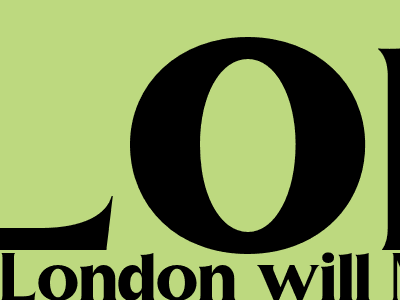
London To Save Billions: Higher Taxes, Lower Spending
London Mayor Sadiq Khan has announced plans to raise taxes and cut spending in an effort to save the city billions of pounds.
The mayor said the measures were necessary to address the "unprecedented financial challenges" facing the city, which include rising inflation, the cost of living crisis and the impact of the COVID-19 pandemic.
Under the plans, council tax will increase by an average of 5%, while business rates will also rise.
The mayor said he had "no choice" but to raise taxes, but he insisted that the increases would be "fair and progressive".
He said: "I know that these measures will not be popular with everyone, but I believe they are necessary to protect the essential services that Londoners rely on."
The mayor also announced plans to cut spending by £1 billion over the next four years.
This will include reducing the number of council staff, closing some libraries and leisure centres, and cutting back on street cleaning and waste collection services.
The mayor said the cuts would be "painful", but he insisted that they were necessary to balance the books.
He said: "I am determined to ensure that London remains a thriving and prosperous city, but we cannot do so without taking some tough decisions."
The plans have been met with mixed reactions.
Some have welcomed the mayor's commitment to saving money, while others have criticized the cuts to essential services.
The leader of the Conservative group on the London Assembly, Susan Hall, said the mayor's plans were "a betrayal of Londoners".
She said: "These tax rises and spending cuts will hit the poorest Londoners hardest and will do nothing to address the underlying problems facing the city."
However, the leader of the Labour group on the London Assembly, Len Duvall, said the mayor's plans were "necessary and responsible".
He said: "The mayor has been left with no choice but to take these difficult decisions in order to protect the essential services that Londoners rely on."
The mayor's plans will now be subject to consultation before being put to a vote by the London Assembly.